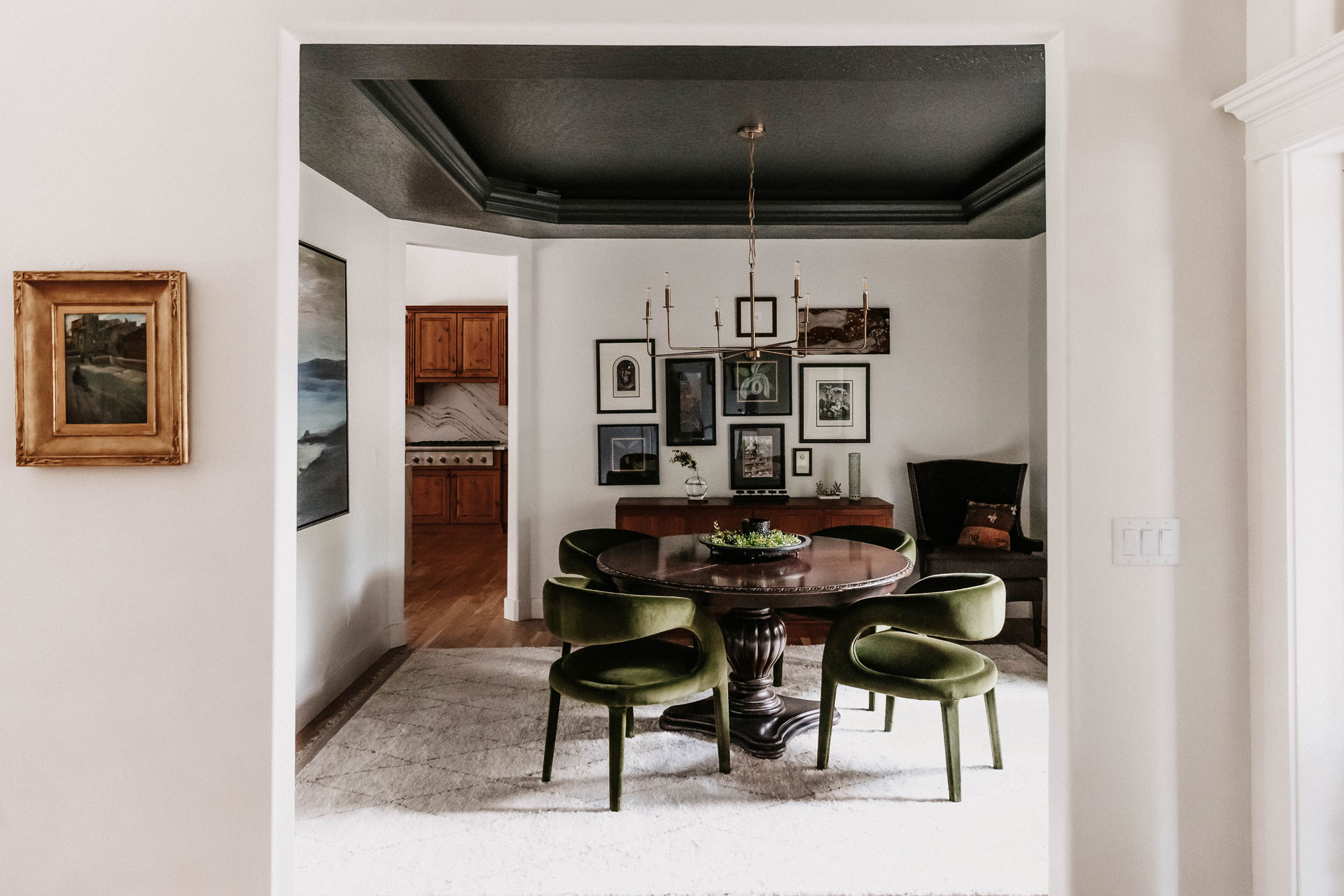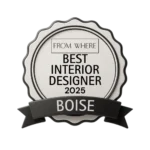Finding the right designer with the best experience for your projects is crucial for achieving your desired outcomes. Here are some key things to look for when searching for a designer:
Portfolio and Style Compatibility
Diverse Portfolio: Look for a designer who has a portfolio showcasing a variety of projects similar to yours. This demonstrates versatility and experience across different styles and project types.
Style Alignment: Ensure the designer’s aesthetic aligns with your vision. Whether you prefer minimalist, contemporary, traditional, or eclectic designs, finding a designer whose style resonates with yours is essential.
Experience and Expertise
Industry Experience: Consider how long the designer has been in the industry and their track record of successful projects. Experienced designers often bring valuable insights and solutions to the table.
Specializations: Some designers specialize in specific areas such as residential design, commercial spaces, hospitality, or sustainable design. Choose a designer whose expertise matches your project requirements.
Client References and Reviews
Testimonials: Check client reviews and testimonials to gauge the designer’s reputation and client satisfaction levels. Positive feedback from previous clients can provide valuable insights into the designer’s reliability and professionalism.
References: Ask the designer for references from past clients or projects similar to yours. Contacting references directly can give you a clearer picture of the designer’s strengths and communication style.
Communication and Collaboration Skills
Communication Style: Effective communication is key to a successful project. Choose a designer who listens attentively to your ideas, provides clear explanations, and keeps you informed throughout the process.
Collaborative Approach: Look for a designer who values collaboration and involves you in decision-making. A collaborative designer will consider your preferences and feedback, ensuring the final design meets your expectations.
Technical Proficiency and Innovation
Technical Skills: Assess the designer’s proficiency with design software, knowledge of building codes and regulations, and ability to produce detailed drawings and specifications.
Innovative Solutions: Seek a designer who embraces innovation and stays updated with the latest trends, materials, and technologies in the industry. This ensures your project benefits from modern solutions and efficient design practices.
Project Management and Budget Considerations
Project Management: Evaluate the designer’s ability to manage timelines, budgets, and project logistics effectively. A reliable designer should have a structured approach to project management to ensure deadlines are met and resources are utilized efficiently.
Budget Alignment: Discuss your budget with the designer upfront and ensure they can work within your financial constraints. A transparent and realistic approach to budgeting helps avoid unexpected costs and ensures the project stays on track.
Professional Credentials and Affiliations
Credentials: Check if the designer is certified or affiliated with professional organizations such as the American Society of Interior Designers (ASID) or the International Interior Design Association (IIDA). These affiliations often indicate a commitment to high standards and ongoing professional development.
Personal Connection and Trust
Initial Meeting: Schedule a meeting or consultation with the designer to assess your rapport and comfort level. Building a trusting relationship from the outset can foster smoother communication and collaboration throughout the project.



